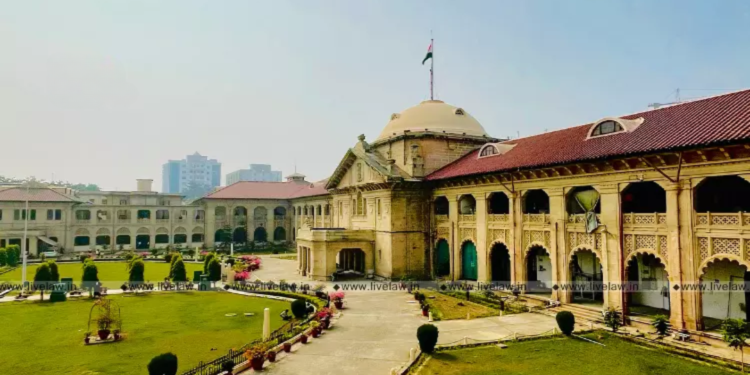The Allahabad High Court, comprising Chief Justice Arun Bhansali and Justice Vikas Budhwar, emphasized that the obligation for the arbitrator to provide reasons under Section 31(3) of the Arbitration and Conciliation Act, 1996, depends on the pleadings and available documents on record. The court clarified that if a party neither explicitly denied the other party’s claim nor accurately supported its own case, it cannot be concluded that the arbitral award is flawed, especially when the arbitrator is not expected to speculate on matters not presented before them.
Section 31(3) of the Arbitration and Conciliation Act, 1996, states:
“The arbitral award shall state the reasons upon which it is based, unless—
(a) the parties have agreed that no reasons are to be given, or
(b) the award is an arbitral award on agreed terms under sub-section (4) of section 30.”
Brief Facts:
The Appellant entered into an agreement with the Respondent following a tender floated for the construction of the Left Side Officer’s Camp Office. Allegedly, despite a scheduled completion, the Respondent completed the work on October 15, 2014, after extensions.
Disputes emerged, prompting arbitration in accordance with the contract terms. The sole arbitrator granted the claimant INR 17,37,261 along with interest, which the Appellant contested, leading to an application under Section 34 of the Arbitration and Conciliation Act, 1996 (“Arbitration Act”), which was dismissed by the Commercial Court. Dissatisfied with this decision, the Appellant appealed to the Allahabad High Court (“High Court”) under Section 37 of the Arbitration Act.
The Appellant contended that the arbitrator’s award lacked justification and amounted to patent illegality, arguing that the Respondent did not adequately support its claim. The Appellant specifically pointed out the Arbitrator’s failure to provide reasons for the award, as mandated by Section 31(3) of the Arbitration Act, as a significant error.
In response, the Respondent asserted that the award was reasoned, citing the arbitrator’s framing of 14 issues and detailed discussion leading to the approval of the Respondent’s claims.
Observations by the High Court:
The High Court noted that the Appellant’s objections lacked specificity and detail. Although references to annexures were made in various paragraphs, they were not included as attachments. Additionally, the objections raised before the Commercial Court under Section 34 of the Arbitration Act were general in nature, lacked substance, and appeared to be made simply to contest the Respondent’s claim.
The High Court emphasized that the Arbitrator had framed 14 issues and provided thorough discussion and reasoning in the award. In the absence of concrete material or arguments from the Appellant demonstrating factual inaccuracies or grounds for patent illegality in the award, the High Court concluded that there was no basis for interference.
Furthermore, the High Court highlighted the limited scope of appellate proceedings under Section 37 and stressed that awards should not be set aside unless they are tainted by patent illegality. While acknowledging the requirement for arbitral awards to contain reasons under Section 31(3) of the Arbitration Act, the High Court reiterated that such reasons must be grounded in the pleadings and records available. Since the Appellant failed to effectively present its case, the High Court found no merit in their challenge to the award.
Referring to precedents, including the judgment in Delhi Airport Metro Express Private Limited v. Delhi Metro Rail Corporation Limited (2022 (1) SCC 131), the High Court determined that awards by technical experts undergo less scrutiny compared to those prepared by legally trained individuals.
Ultimately, the High Court concluded that the Appellant did not establish any patent illegality warranting interference with the arbitrator’s award.

















